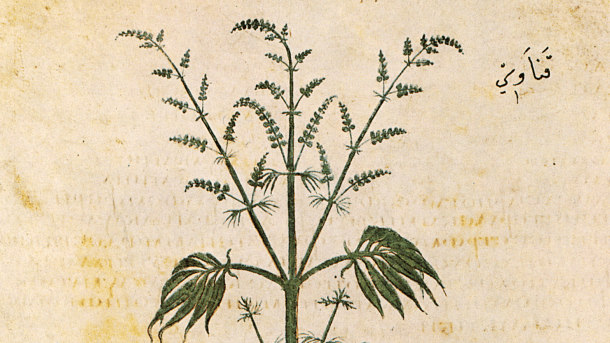In a move that will make criminals of every hippy with a bookshelf, the Andrews’ government is amending the Drugs, Poisons and Controlled Substances act 1981 criminalize simply possessing “a document containing instructions for the trafficking or cultivation of a drug of dependence”.
That’s right, they’re coming for your grow guides!
The proposed amendments represent a significant uptick in Victoria’s war on drugs; simply having the wrong book could land you five years in prison.
Under current legislation, the possession of a drug manual is only prohibited if you intend to use it. The Drugs, Poisons and Controlled Substances Act states:
A person who, without being authorised by or licensed under this Act or the regulations to do so, possesses a substance, material, document containing instructions relating to the preparation, cultivation or manufacture of a drug of dependence or equipment with the intention of using the substance, material, document or equipment for the purpose of trafficking in a drug of dependence is guilty of an indictable offence and liable to level 5 imprisonment (10 years maximum).
The proposed amendment creates a new offense of possessing without intent:
71E Possession of document containing information about trafficking or cultivating a drug of dependence
(1) A person who, without being authorised by or licensed under this Act or the regulations to do so or otherwise without a reasonable excuse, possesses a document containing instructions for the trafficking or cultivation of a drug of dependence is guilty of an indictable offence and liable to a penalty of not more than 600 penalty units or level 6 imprisonment (5 years maximum) or both.
This amendment is a significant increase in the state’s power to criminalize “things” associated with drug production that are not actually drugs or drug production.
Our totally trustworthy government will insist this legislation is only intended to ‘catch’ would be Walter Whites, presumably before they had setup their epic drug laboratories. In reality, the scope of this amendment is far wider.
Every kid who downloads a copy of the misnamed Anarchist Cookbook online will be liable for five years. Heck, the definitions of ‘document’ and ‘possess’ are such that you’d better not be cruising 420chan or one or any number of popular forums.
And what about things that are not obviously titled drug manuals? When the crime is possessing a “document containing instructions relating to” stripped of all requirement to establish intent, all manner of different books, articles, and Encyclopedias become potential causes of long term incarceration.
A further amendment criminalizes publishing a “document containing instructions”, and again, the test of “intent” connected to drug production is missing:
71F Publication of document containing instructions
(1) A person who, without being authorised by or licensed under this Act or the regulations to do so or otherwise without a reasonable excuse, publishes a document containing instructions for the trafficking or cultivation of a drug of dependence—
(a) with the intention that the instructions will be used by another person for the purposes of the trafficking or cultivation of a drug of dependence; or
(b) knowing or being reckless as to whether the instructions will be used by another person for the purpose of the trafficking or cultivation of a drug of dependence—
is guilty of an indictable offence and liable to a penalty of not more than 1200 penalty units or level 5 imprisonment (10 years maximum) or both.
(2) For the purposes of subsection (1), it is irrelevant whether the document or the instructions contained in the document actually work to traffick or cultivate a drug of dependence.
(3) For the purposes of this section, publish includes sell, offer for sale, let on hire, exhibit, display, distribute and demonstrate.
So be careful what you put in that Wikipedia article.
Every year that the drug war is allowed to continue, the powers that the state claims in order to prosecute this war increases at the expense of what little remains of individual autonomy.
Bonus!




